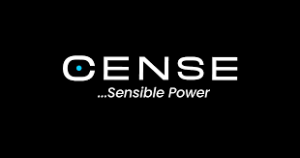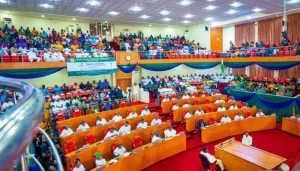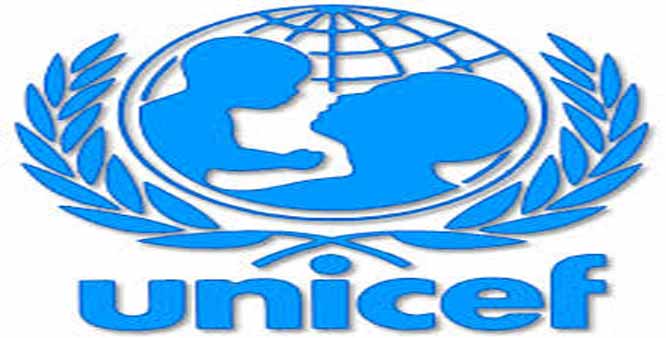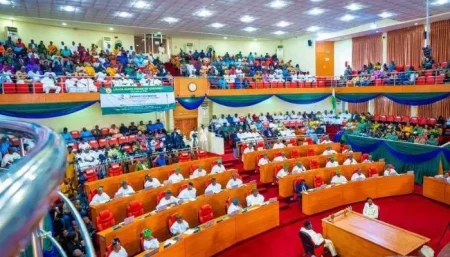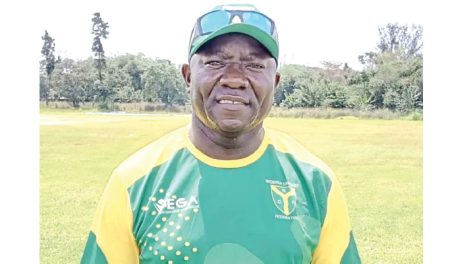Paragraph 1: The Zero-Dose Challenge in Borno State
Borno State, Nigeria, faces a significant public health challenge: a substantial number of children, termed “zero-dose” children, have not received any vaccinations. This leaves them vulnerable to preventable diseases and contributes to higher child mortality rates. The United Nations Children’s Fund (UNICEF) has recognized the urgency of this situation and launched an innovative initiative to address it. The “Adopt-A-PHC Naija Challenge” aims to drastically reduce the number of zero-dose children in Borno State by leveraging the energy and influence of local youth.
Paragraph 2: Engaging Youth for Community Impact
The core strategy of this initiative is to empower young people within the community to become vaccination advocates. Thirty youths, forming a community vanguard, will partner with healthcare professionals in Maiduguri metropolis and Jere Local Government Area. They will focus their efforts on ten primary healthcare facilities, working to promote vaccination uptake and address vaccine hesitancy. This youth-led approach seeks to foster behavioral change among caregivers, encouraging them to prioritize their children’s health by ensuring they receive the necessary vaccinations.
Paragraph 3: Overcoming Barriers to Vaccination
Several factors contribute to the high number of zero-dose children in Borno State. Deep-seated beliefs and misconceptions about vaccines often fuel resistance among parents and caregivers. Furthermore, the ongoing security challenges in the region create access barriers, making it difficult for families to reach healthcare facilities. Even for healthcare workers, reaching remote and insecure areas can be challenging. The UNICEF initiative recognizes these complex barriers and aims to overcome them through community-based engagement and targeted interventions.
Paragraph 4: UNICEF’s Supportive Role and Partnerships
UNICEF plays a crucial supporting role in this initiative, providing technical expertise, training, and financial resources. Donor organizations, particularly Canadian International, play a vital role in funding these efforts. UNICEF works behind the scenes, equipping the youth vanguard with the necessary tools and knowledge to effectively engage their communities. This includes developing communication strategies, providing educational materials, and facilitating access to vaccination services.
Paragraph 5: Combating Misinformation and Building Trust
A key component of the “Adopt-A-PHC Naija Challenge” is addressing misinformation and disinformation about vaccines. False narratives and rumors circulating within communities contribute significantly to vaccine hesitancy. The youth vanguard will utilize digital platforms and community outreach to counter these narratives and provide accurate information about the safety and effectiveness of vaccines. Building trust within the community is essential to changing perceptions and encouraging vaccination uptake.
Paragraph 6: Collaborative Efforts and Local Leadership
The success of this initiative hinges on collaboration between UNICEF, local authorities, healthcare workers, and the youth vanguard. Directors of Primary Health Care in Maiduguri and Jere Local Government Areas have expressed their strong support for the program, recognizing UNICEF’s commitment to children’s health and well-being. This collaborative approach ensures that the initiative is rooted in the community and addresses the specific needs and challenges of the region. By working together, they strive to create a healthier and safer future for the children of Borno State.



